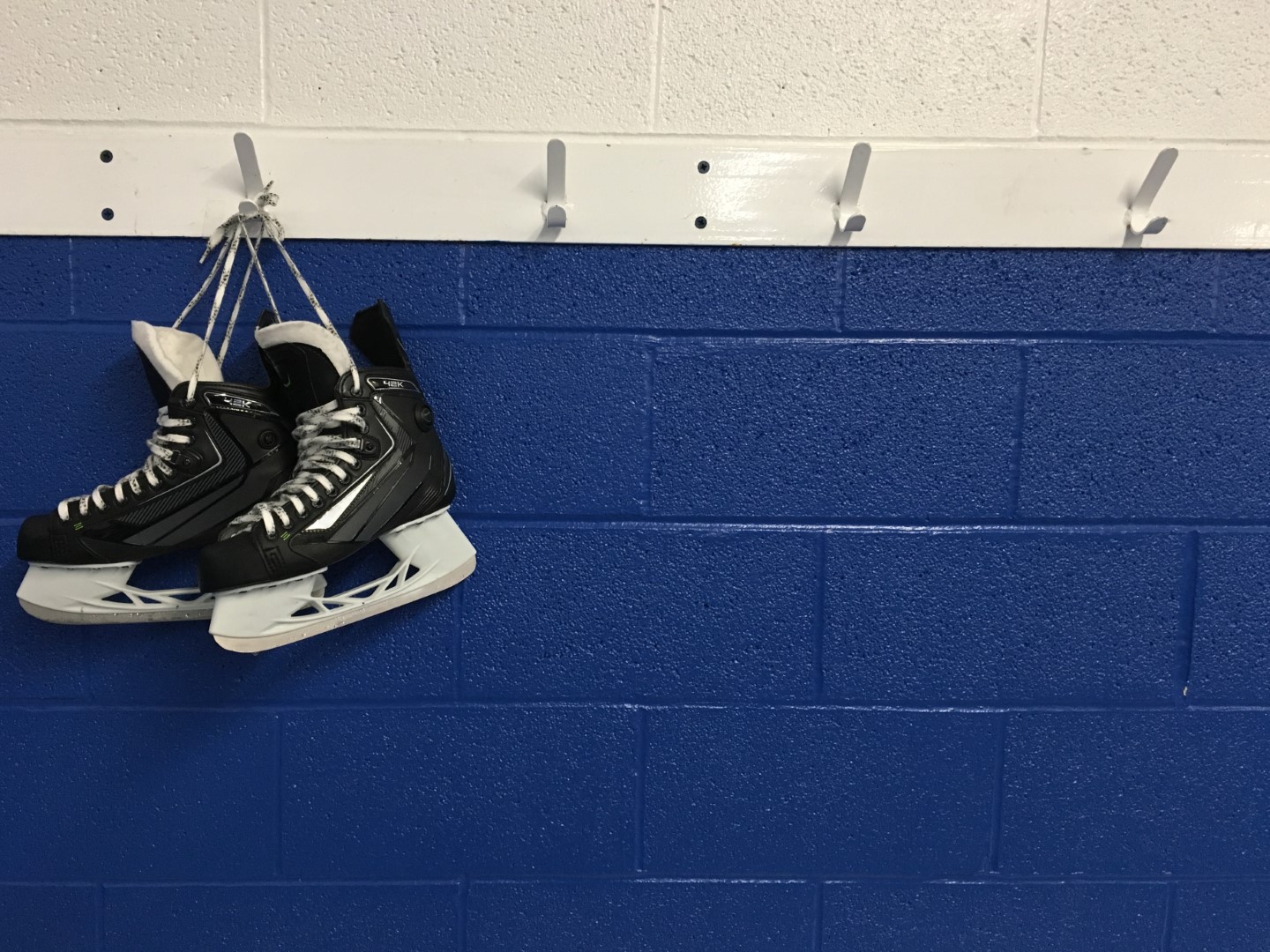By Angela Espinoza, News Editor
As of May 19, RCMP officers have committed to placing a temporary tent each day on Wreck Beach this summer until Labour Day (September 1). Wreck Beach, known popularly as BC’s nude beach, has a long-standing history with public alcohol and drug use.
Located near UBC down a 465-step staircase on a tree-covered cliffside, the Wreck Beach area is more secluded than Vancouver’s many other beach areas. The location has thus been cause for a number of police calls over the years, as the seclusion of the area has made beachside alcohol and drug sales more rampant. Back in January, Alana Thomson was arrested for frequently selling alcoholic “freezies” on the beach.
However, UBC RCMP Sgt. Drew Grainger has publicly stated that the RCMP’s main concern is not hunting down folks like Thomson. Rather, the RCMP’s presence appears to be based on halting public sexual activity and aiding individuals who may be too inebriated to make it back up the staircase.
“There’s about 465 stairs to that beach, and that’s really the only point of access unless you come in from the water,” Grainger told the National Post back in May. In regards to being notified of inebriated beach goers via emergency calls in the past, Grainger said, “It’s an enormous burden on us and other emergency services to deal with that.”
In a sense, the RCMP tent, which will house two RCMP officers each day, can be viewed as filling more of a “lifeguard” role. The goal is not to create an intimidating presence on the beach. “It’s not going to be the arms crossed, sunglasses on, overlooking the crowd,” said Grainger.
Grainger stated that in the past, the RCMP has had to rely on the coastguard to deal with issues such as heavily intoxicated beach-goers. “It’s an enormous burden on taxpayers to have to activate those types of resources for something as simple as a man or woman who’s had too much to drink or smoke,” Grainger told CBC.
In addition, Grainger informed the Province that, “We know drugs and alcohol will be sold on the beach no matter how heavy-handed we are. The idea is to proactively enhance our presence on the beach […] If it gets to the point where you’re risking yourself or putting others at risk, we will move in.”
Despite Grainger’s statements though, many of Wreck Beach’s frequent patrons have voiced concern over the RCMP’s presence. In response, Judy Williams, chair of the Wreck Beach Preservation Society, spoke to both the National Post and the Province as well.
“A continued presence gives a non-verbal message that our beach is unsafe, and our beach is more safe than any other beach in this whole Lower Mainland,” Williams told the National Post.
Williams also stated to the Province, “We have a good relationship with the police, but we disagree on this.”
The National Post and the Province have also published editorials on the subject. The Province’s editorial states, “The whole RCMP tent is a poor use of resources. Wreck Beach is a little slice of counter-culture escapism from the rest of the authoritarian world. Putting a bunch of cops down there will ruin the mood.”
The National Post’s editorial states, “I have no doubt that Sgt. Grainger is accurately conveying the difficulty of hauling a drunken person up the equivalent of a small office tower, and I can sympathize with wanting to avoid the effort, but making life easier for officers is not generally a sufficient reason for establishing a semi-permanent police presence in a community.”
Whether the Wreck Beach community will accept the UBC RCMP tent will have to be seen as the summer months progress.


